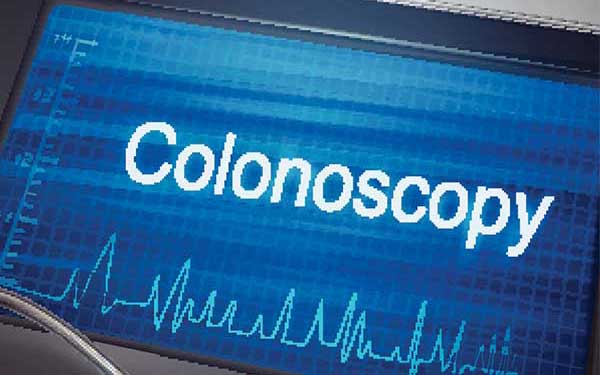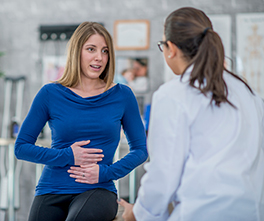Colonoscopy is the test no one wants but almost everyone who is middle-aged needs. You’ve likely heard it all before: the prep is horrible, it will be uncomfortable, and you don’t need to really get one unless you have cancer symptoms.
All of these assumptions couldn’t be further from the truth, and the good news is that a colonoscopy is really not as bad as you might think.
A colonoscopy is truly the best way to examine the colon and look for pre-cancer polyps which can be removed during the procedure.
Removing polyps and finding cancer at an early stage is critical because the earlier cancer is detected, the more treatable it is. When found early, the survival rate is 90 percent.
During a colonoscopy, your doctor passes a flexible tube with a fiber-optic light and camera through your rectum along the full length of your colon. The doctor uses air and water to inflate the bowel to see clearly.
Thanks to light sedation, you won’t feel a thing and most patients remember nothing about the procedure – except for the wonderful sleep they got.
The procedure itself takes only 15 to 20 minutes, although most people are at the center for about 2 to 3 hours.
So, who needs a colonoscopy anyway?
Most guidelines recommend people get screening beginning at age 50. People at increased risk may need to be screened earlier and more frequently. If you answer yes to any of the following questions, talk with your doctor about getting screened earlier:
- Are you over the age of 50?
- Do you have a family history of colon cancer or polyps?
- Are you of African-American or Ashkenazi Jewish descent?
- Do you have Crohn’s disease or ulcerative colitis?
- Do you have a genetic syndrome such as familial adenomatous polyposis (FAP) or hereditary nonpolyposis colorectal cancer?
The latest American Cancer Society guideline for colorectal cancer screening, established in 2018, recommends that average-risk adults age 45 and older undergo regular screening. The previous guideline recommended that people without symptoms and without a family history of the disease wait until age 50 before undergoing a colonoscopy or similar screening.
Dr. Thomas Feldman, a gastroenterologist at the Digestive Health Center at Hartford Hospital, says the shift comes after a rise in colon cancer in younger patients.
“There’s been a significant increase — as much as a 50 percent increase in the last two decades — in colon cancers in those under age 45,” said Dr. Feldman. “It’s rather shocking. Patients who used to come in with minor complaints are now pursued much more aggressively because of these concerns.”
The reason for the increase?
“No one really knows,” he said.


